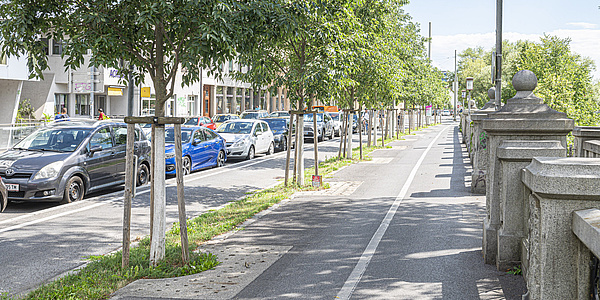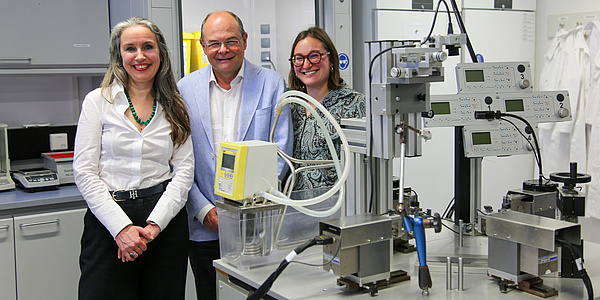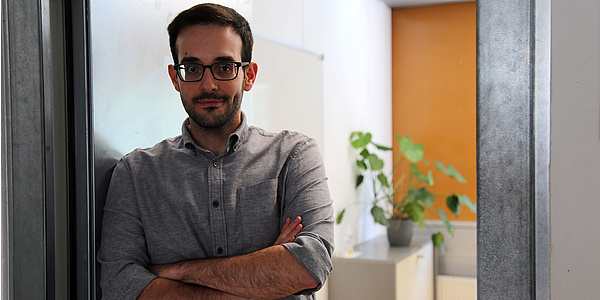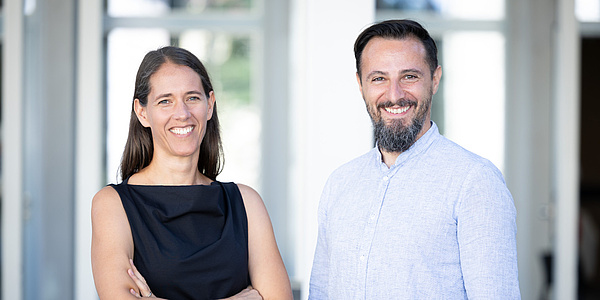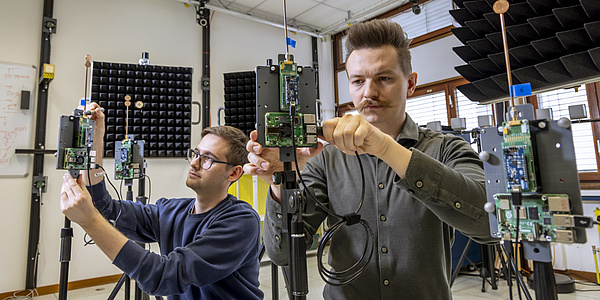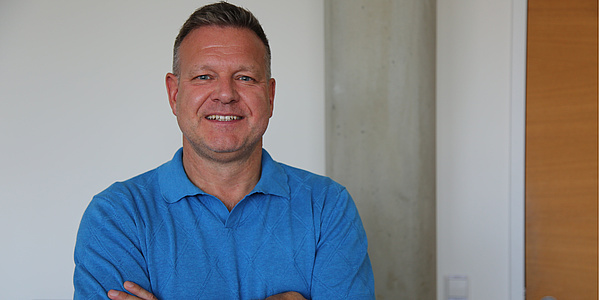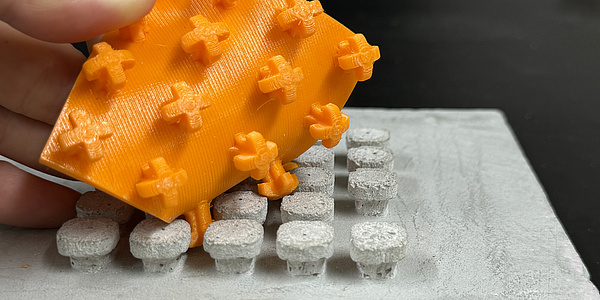CD Lab at TU Graz Incorporates Physics in Machine Learning

By combining physics-based methods with machine learning, a team at the Institute of Thermodynamics and Sustainable Propulsion Systems at TU Graz is developing models that deliver better results…

